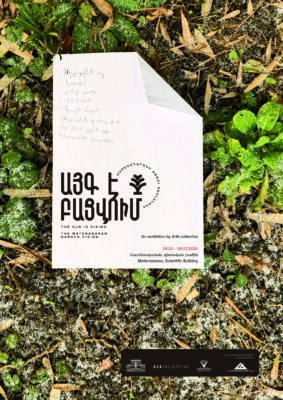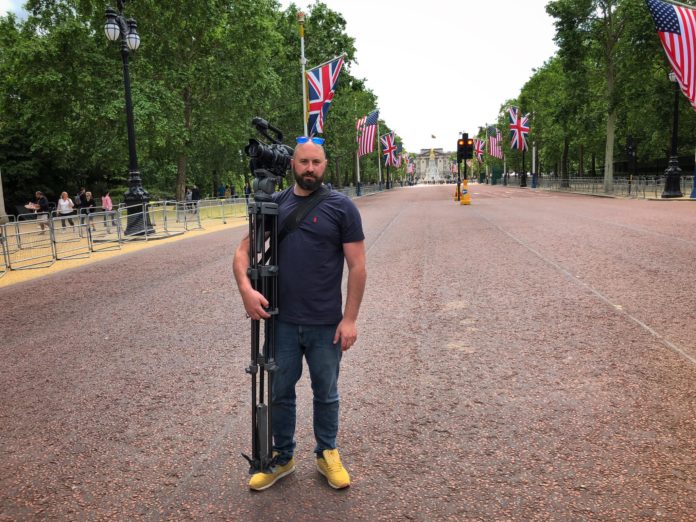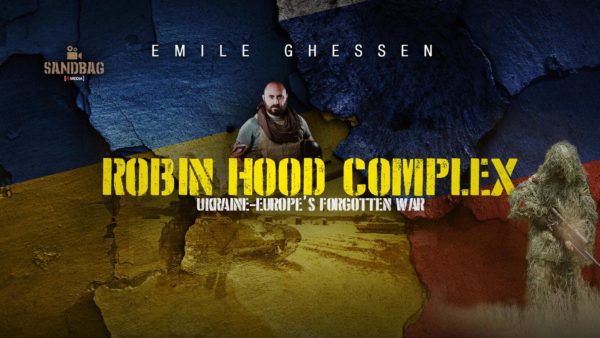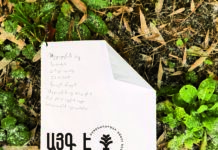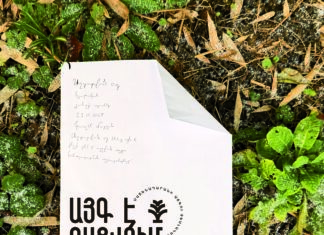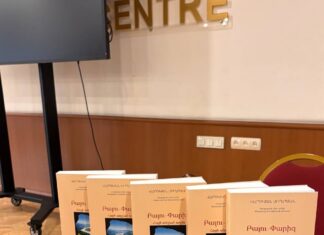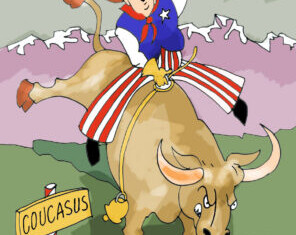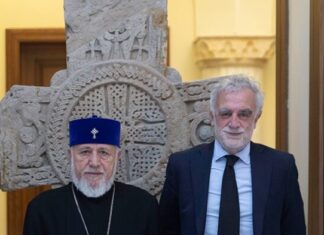By Maydaa Nadar
Special to the Mirror-Spectator
Around one year ago, on September 27, 2020, the Second Karabakh War erupted. It was only halted after 44 days through a Russian-mediated ceasefire agreement. Former British Royal Marines Commando who now makes documentaries, Emile Ghessen, travelled to the region to observe what was occurring there and to relay information about it. He recently sat down for an interview.
Could you give us a brief introduction about your films?
I served as a Royal Marines Commando for 12 years in Iraq and Afghanistan. I was not trained for media, yet, and after the military service, I bought a camera and followed international volunteers who were heading to Iraq and Syria to fight against the Islamic State. This was for a documentary feature which I made discussing what was motivating them to battle. Afterwards, I attended a film school to shoot my second feature film about men travelling to Ukraine in order to confront the pro-Russian separatists. “45 Days” is my third independent feature film.
How did you discover your passion for documentaries?
